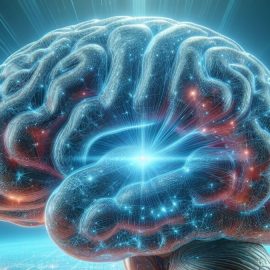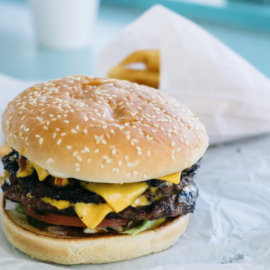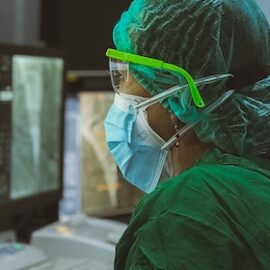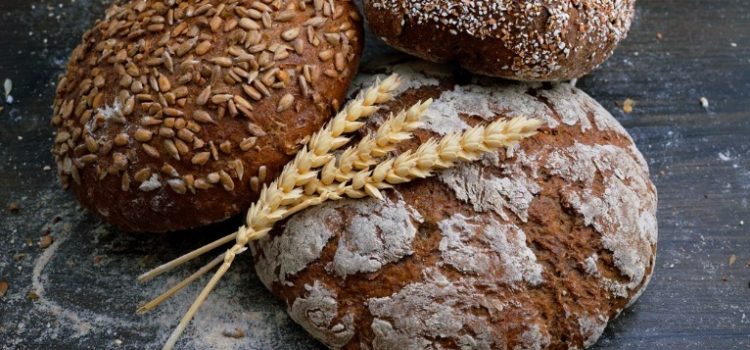
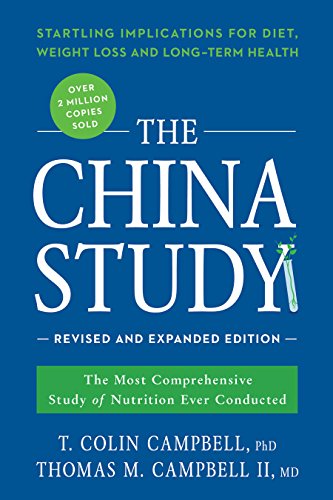
This article is an excerpt from the Shortform summary of "The China Study" by Colin Campbell. Shortform has the world's best summaries of books you should be reading.
Like this article? Sign up for a free trial here .
The popularity of the paleo diet and its predecessor, the Atkins diet, have taught you that all carbs, even unrefined carbs, are bad. But avoiding carbs causes a slew of health problems. Why do we need carbohydrates?
We’ll cover the truth about carbs and look at studies of what happens when you dramatically reduce your carb intake.
The Truth About Carbs: Problems with the Atkins Diet
Eating a healthy, whole foods, plant-based (WFPB) diet means eating a lot of carbohydrates. The word “carbs” strikes fear in some hearts.
Even though the high-fat, high-protein, low-carb diet espoused by Robert Atkins has been widely discredited (more research coming next), our food culture remains highly influenced by it. Books like The Zone Diet, The South Beach Diet, Grain Brain, and The Paleo Diet continue to tell us that carbs are bad and fat is good.
A common argument in these books is that the low-fat diets of the past didn’t work. But Americans ate 13 more pounds of fat, per person, in 1997 than they did in 1970. Although we spent much of the 90s reading and talking about low-fat diets, we never really tried them.
Before we answer the question, “Why do we need carbohydrates?”, let’s look at the research on low-carb diets to quell our fear of carbohydrates.
Why Do We Need Carbohydrates? The Low-Carb Studies
A meta-analysis of 17 studies (with a total of 272,216 subjects) showed a 31% increase in deaths for people eating a low-carb diet. Looking at the evidence of what happens when we don’t eat carbs can help us answer the question, Why do we need carbohydrates?
Studies performed by the Atkins Center itself showed that 68% of people on its diet reported constipation, 63% had bad breath, and 10% experienced hair loss. The center also found increases in kidney stones, vomiting, missed periods, high cholesterol, vitamin deficiencies, and calcium in the urine.
How did Dr. Atkins address these known side effects of his diet? He recommended his patients each take over 30 supplements a day to rectify these “common” dieting issues.
Further, Paleo subjects, who also eat a high-fat, low-carb diet (they eliminate carbs from grains and legumes), show increased blood cholesterol and triglycerides.
Conversely, high-carb diets have been shown to reverse heart disease and diabetes, aid in weight loss, and prevent chronic diseases. Why do we need carbohydrates? Complex carbohydrates contain large amounts of vitamins, minerals, and accessible energy.
But these benefits only come from complex carbohydrates from whole foods like vegetables, fruits, and whole wheat pasta. Eating refined carbs in white pasta, white bread, candy, and desserts clearly won’t make you healthier.
Summary of Recommendations: The Best Way to Get Your Carbs
- Eat whole foods.
- Eat high-carb, rather than low-carb, diets. But make sure you’re getting your carbohydrates from whole, not refined, foods.
What to Eat on a Healthy, High-Carb Diet
- Eat as much as you want of fruits, vegetables, legumes, mushrooms, nuts, and whole grains (this includes whole-grain bread and pasta).
- Limit refined foods (white bread, cakes, pastries, crackers), fish, and added oils (including corn, peanut, and olive oils).
- Avoid meat, poultry, dairy, and eggs.
Benefits of a Hight-Carb Diet
Why do we need carbohydrates? Here are just a few of the benefits of a WFPB diet:
- Live a longer life
- Look and feel younger and more energetic
- Lose weight
- Lower cholesterol and blood pressure
- Prevent and reverse disease
- Reduce the need for expensive surgeries
- Decrease the chances that your child will develop an autoimmune disease
Despite being maligned recently, the truth about carbs is that we need them. Make sure you’re eating enough fruits, vegetables, and whole grains!
———End of Preview———

Like what you just read? Read the rest of the world's best summary of "The China Study" at Shortform . Learn the book's critical concepts in 20 minutes or less .
Here's what you'll find in our full The China Study summary :
- Why animal proteins (meat, milk) might cause cancer, diabetes, and other diseases
- Why the medical institution is structured to hide the truth about disease and food
- The precise diet you'll need to eat to live longer and feel happier


